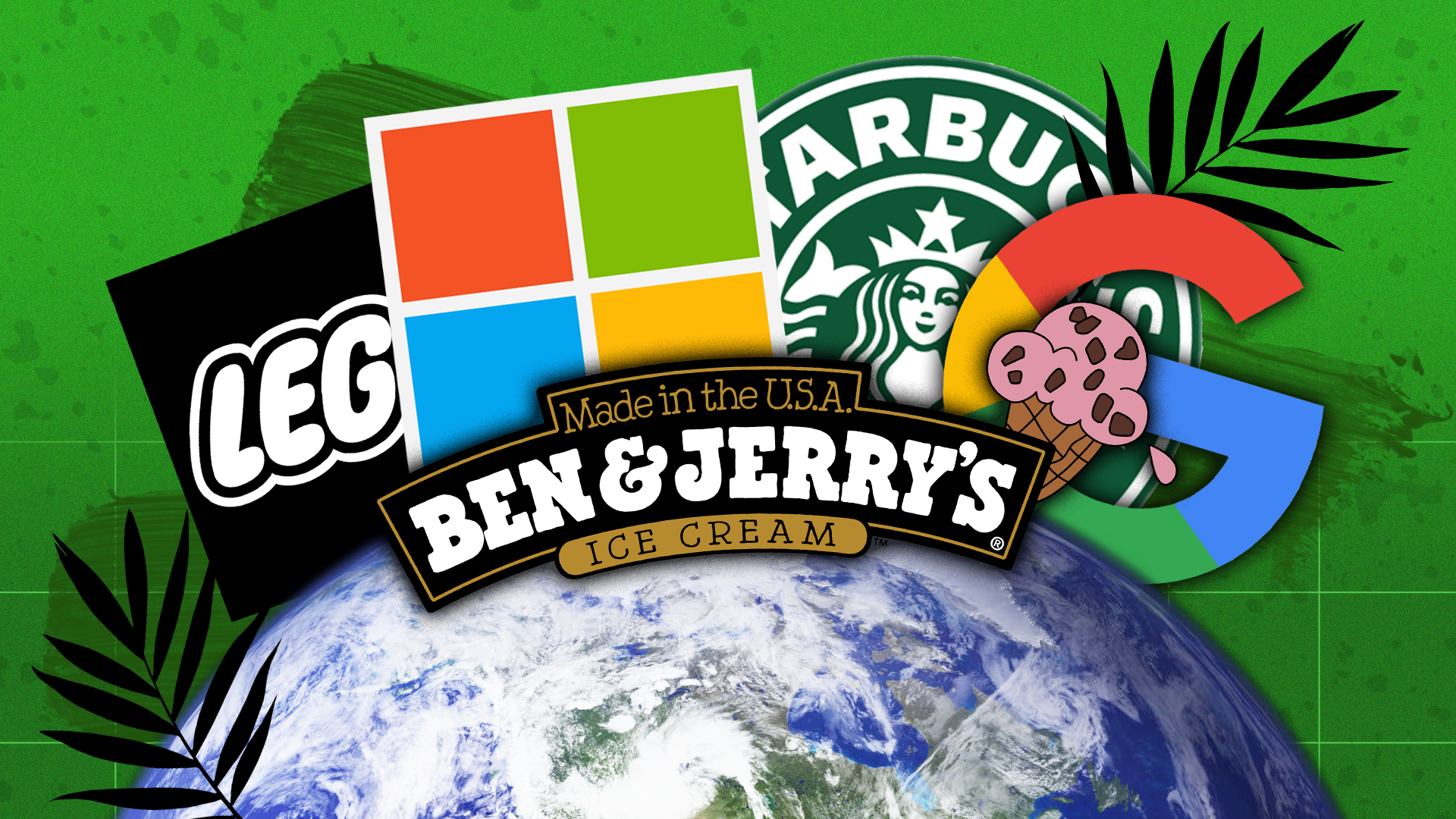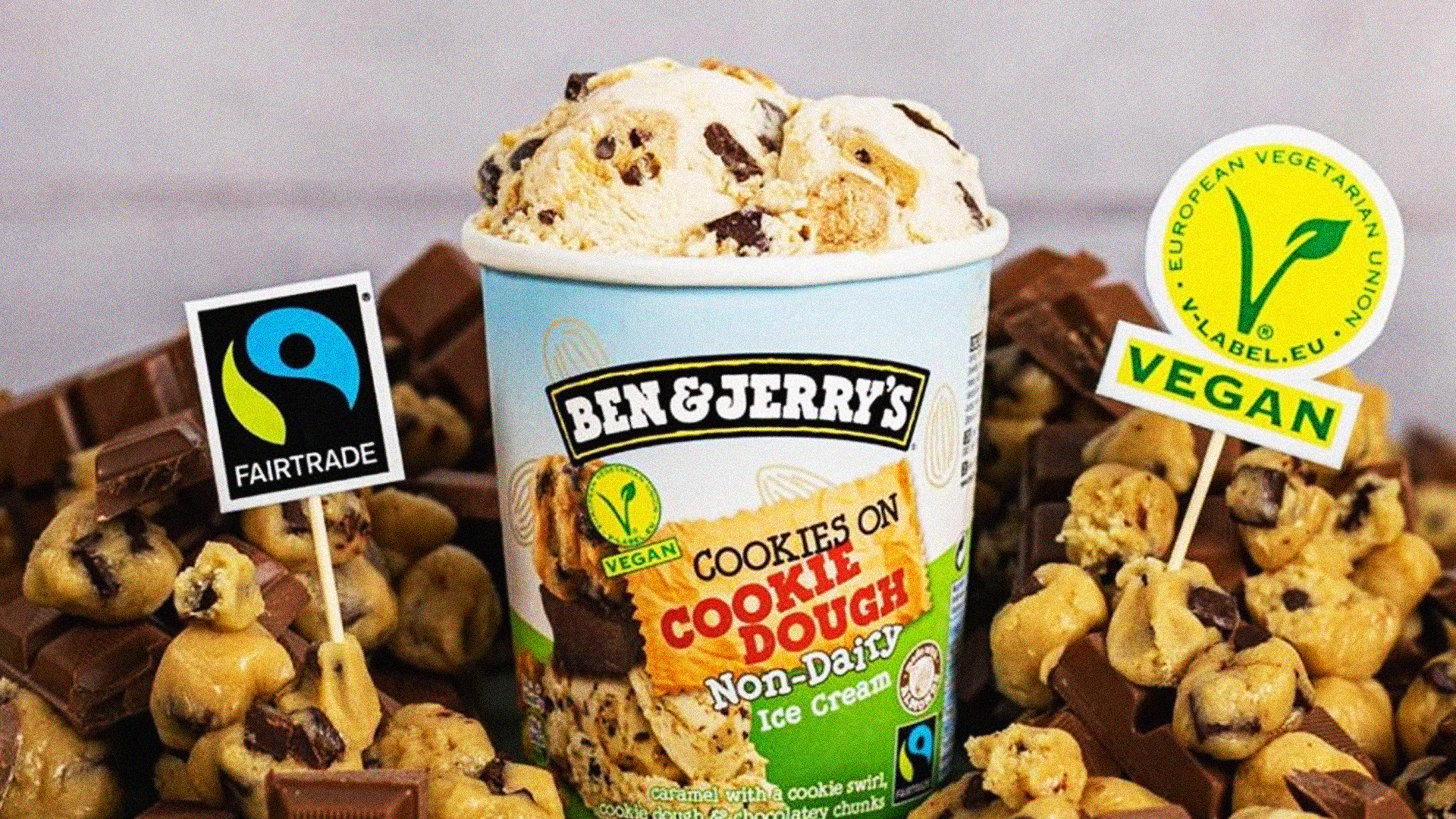2020 is a big year for company sustainability. Here are some of the top brands that are changing the way they do business to better the environment.
When it comes to our environment and climate change, nothing is more impactful than the behaviours of big corporations and global industries. Whether it is fashion, agriculture, travel, or anything in between, our demands as consumers have risen dramatically over the last half a century.
With all that increase in reliability, speed, and quality, comes bigger production and potentially heightened levels of carbon emissions. We know that industrial progress often means sacrificing our environment, but as we move further into the 21st century, businesses are having to readjust and adapt. Some are spearheading the way for others to follow, balancing branding with sustainability.
So, to help you get wised up and give you a little extra knowledge on companies you likely use every day, here’s our picks for the best social conscious brands out there right now. Keep in mind that this list could change year by year, as more brands pick up the pace and get serious about sustainability.
Microsoft
Bill Gates’ tech company has altered the way we do nearly everything, but it’s also been helping charitable causes since 1983 through its giving back programme. This year it’s likely Microsoft will be donating over $2 billion to good causes, which is encouraging news.
It also publishes an annual corporate social responsibility report that details everything its currently undertaking, which is handy if you’re looking to get clued up. Microsoft has stated in its current sustainability roadmap that all of its newly constructed buildings will run on carbon-free electricity and has joined the Climate Leadership Council, an international policy institution that is looking into ways to reduce carbon use.
All in all, Microsoft is a huge donator of financial aid, helping to assist social change causes around the world. Plus, its research and development into more environmentally buildings and energy sources make it a top contender for this list.
LEGO
I know what you’re probably thinking. Didn’t LEGO have a partnership with Shell a while ago? Isn’t it responsible for making tons of indestructible plastic pieces that hurt like hell if you step on them? Well, yes, but hear me out.
LEGO is a noteworthy company to put on this list because of its impressive turnaround since 2014. Throughout the last half a decade LEGO has set out new guidelines for environmentally friendly production plans and diverse workspaces, with the goal of making all of its products and packaging sustainably by 2030.
Its also introduced a new programme called ‘Replay’ that encourages consumers to reuse and recycle previously bought plastic bricks, and by 2025 the company is dedicated to eliminating all LEGO waste entirely from landfill sites. It is currently investing in technology to reduce its carbon footprint as a whole, using more solar energy and replacing factory lighting with more efficient LED bulbs.
In short, LEGO is striving to be seen as a top socially conscious brand, and provides the perfect example of how a company can turn its core ethos around efficiently.
Starbucks
The worldwide coffee chain has been eager to diversify its staff in recent years, having made headlines for announcing a ramp up in hiring efforts over the coming years. It wants to create more than 240,000 jobs by 2021, and will be hiring over 25,000 US veterans by 2025.
Starbucks is primarily made up of young employees too, with over 50% of its staff being under the age of 24. It offers apprenticeship programmes for staff in the UK and US with additional qualification schemes on offer. Over 99% of its coffee is ethically sourced and the company has pushed for its customers to use reusable cups with reward schemes and discounts. You can view more information on Starbucks’ green initiatives here.
While it might seem a bit odd to include a search engine in this list, Google has an abundance of smaller, more secretive companies that do lots of research into global sustainability innovations. For one, we recently wrote about TIDAL (I’m not talking about Jay Z’s streaming service), a new research development project by Google that’s looking at ways to make fishing more sustainable and cost effective.
The company also provides precise, geographical data on emissions and energy consumption in specific areas across the globe. Businesses can use this data to better optimise and lower their own carbon footprint. Google also has its own Congo Power program underway that is bringing investment and opportunities to local residents in the Democratic Republic of the Congo.
Maggie Marilyn
So far I’ve mostly been mentioning big name brands you’ve probably known about for decades. What about the smaller companies who are trying to make a difference in their respective industries? Step forward Maggie Marilyn, an independent fashion line that’s bringing sustainable practices to the forefront of its production line.
By the end of this year over 50% of its garments will be made from repurposed or recycled materials, and all of its packaging is compostable. The company is based in New Zealand and invests in carbon credit programmes, with the eventual aim of being a carbon neutral business.
You can read more about Maggie Marilyn’s 2020 strategy here.



















